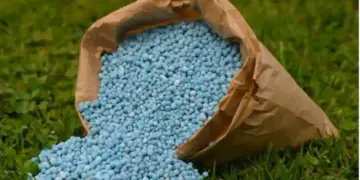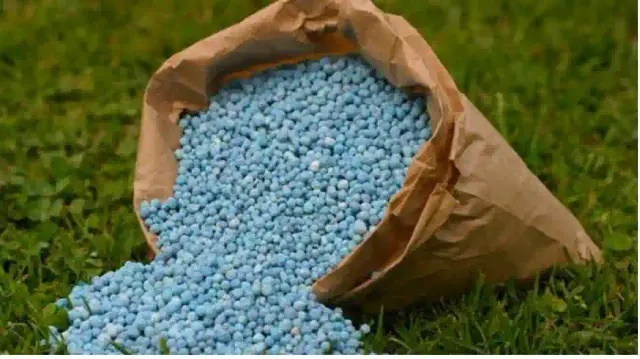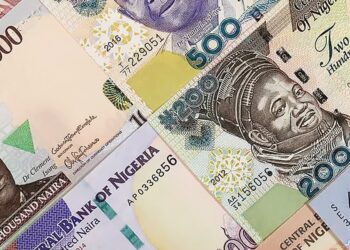By Ebi Kesiena
The European Union (EU) has blocked about 23 000 tonnes of fertilizer donated to Zimbabwe by Russia due to its blockade on Russian agricultural exports.
Sunday Mail reports that Zimbabwe is among several developing countries that were earmarked to receive a share of the 260,000 tonnes of fertiliser free of charge from Russia’s agro-chemicals giant Uralchem-Uralkali last year.
Although, Malawi (20,000 tonnes) and Kenya (34,000 tonnes) have since received their share, which was successfully delivered earlier this year through ships chartered by the United Nations World Food Programme, Zimbabwe and Nigeria are yet to receive theirs.
As a result of EU’s tightening blockade on Russian products, the consignment for the two countries is presently held at ports in Latvia, Estonia, Belgium and the Netherlands.
The EU has imposed sanctions on Russia that prohibit the export of a wide range of goods, including fertiliser, arguing that Russia is using the shipments to finance the war. The bloc believes blocking Russia’s fertiliser exports will pressure Moscow into ending its conflict with Ukraine.
In a statement, the Ministry of Foreign Affairs of the Russian Federation said 96,000 tonnes of fertiliser are currently stuck in EU ports.
“As part of the Russia-UN Memorandum on September 7, 2022 . . . Russia took the initiative to send 262 000 tonnes of mineral fertilisers blocked in the ports of Latvia, Estonia, Belgium and the Netherlands as humanitarian aid to the poorest countries, Since then, however, only two deliveries have been completed.
“The release of three other planned shipments — to Nigeria (34 000 tonnes), Zimbabwe (23 000 tonnes) and Sri Lanka (55 000 tonnes) has been stalled, despite the fact that all preparatory procedures have been completed.” reads the statement.
Furthermore, the ministry said the situation is “yet another example of the hypocrisy of Western countries”.
On its part, the EU has noted and repeatedly declared that sanctions do not directly apply to Russian fertilisers and food exports, but in reality, Brussels continues to block even purely humanitarian, free deliveries of Russian supplies.
Russia is one of the world’s biggest fertiliser producers.



































